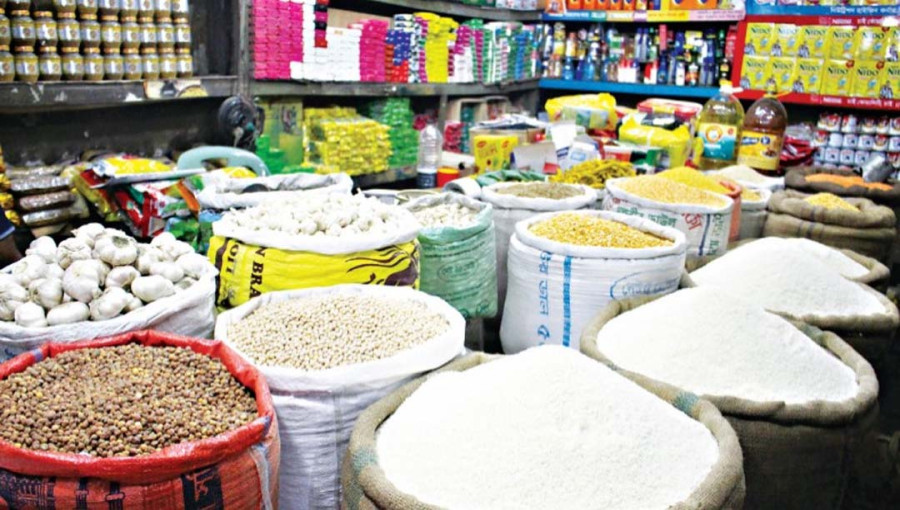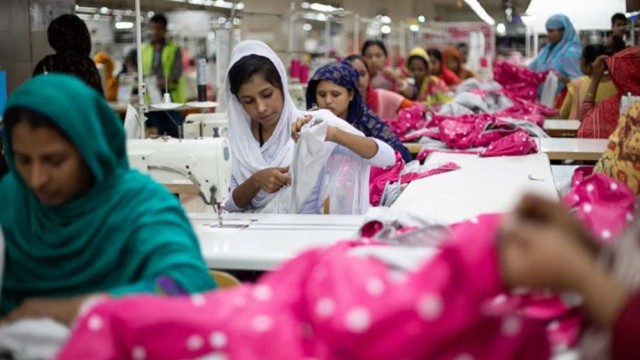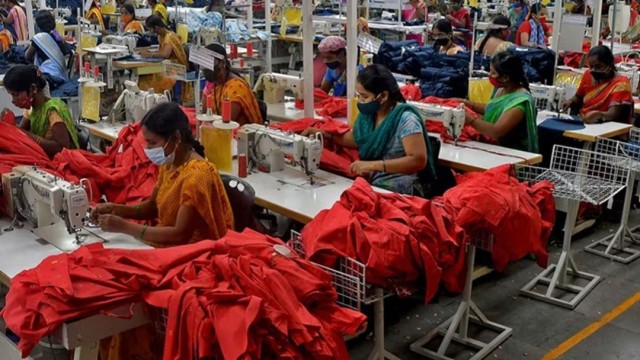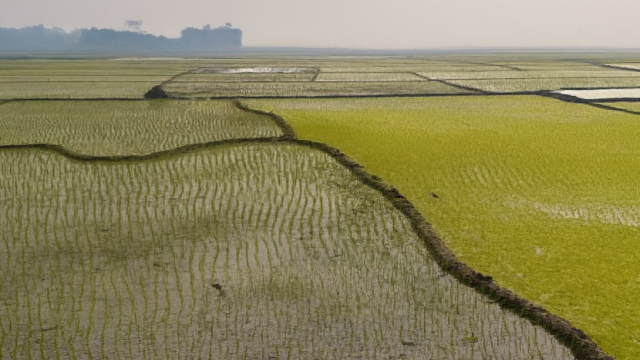Dhaka, Jan 25 (V7N): With Ramadan nearing and inflation already at record highs, rising prices of essential commodities are causing alarm among low- and middle-income families in Bangladesh. Despite government assurances, many fear a repeat of past struggles during the fasting month.
The interim government has stated that measures are in place to ensure a steady supply of essentials and prevent market manipulation by syndicates during Ramadan. Commerce Adviser Sk Bashir Uddin highlighted that initiatives have been undertaken to stabilize prices and ensure sufficient stock of staples, including dates, chickpeas, and lentils.
"The government is working to control prices during Ramadan through strict monitoring to curb syndicate activities," Bashir Uddin said. He also urged traders to act responsibly, warning against unethical practices.
Chief Adviser Dr. Muhammad Yunus has instructed field officials to prioritize the smooth supply of goods and keep prices within the purchasing capacity of citizens. Measures include intensified market monitoring, syndicate control, and ensuring an uninterrupted supply of essentials.
The Directorate of National Consumer Rights Protection (DNCRP) and law enforcement agencies will monitor daily to prevent artificial crises and penalize unscrupulous traders. Subsidized essential items distributed by the Trading Corporation of Bangladesh (TCB) will be scaled up during Ramadan to ensure availability.
The government has expedited imports of commodities like chickpeas, lentils, sugar, dates, and soybean oil to maintain steady supplies and plans to establish storages for controlling potato prices.
Bangladesh's economy faced significant challenges in 2024, with inflation reaching an alarming average of 11.38% in November, the highest in over a decade. Food prices were the primary driver of inflation, with food inflation hovering between 12-14% throughout the year, affecting household budgets and eroding purchasing power.
Non-food inflation also rose due to increased transportation costs, higher utility bills, and currency depreciation, further straining families. Despite these challenges, the government remains committed to protecting consumers and stabilizing the market during Ramadan.
END/MSS/AJ/Hon/































Comment: